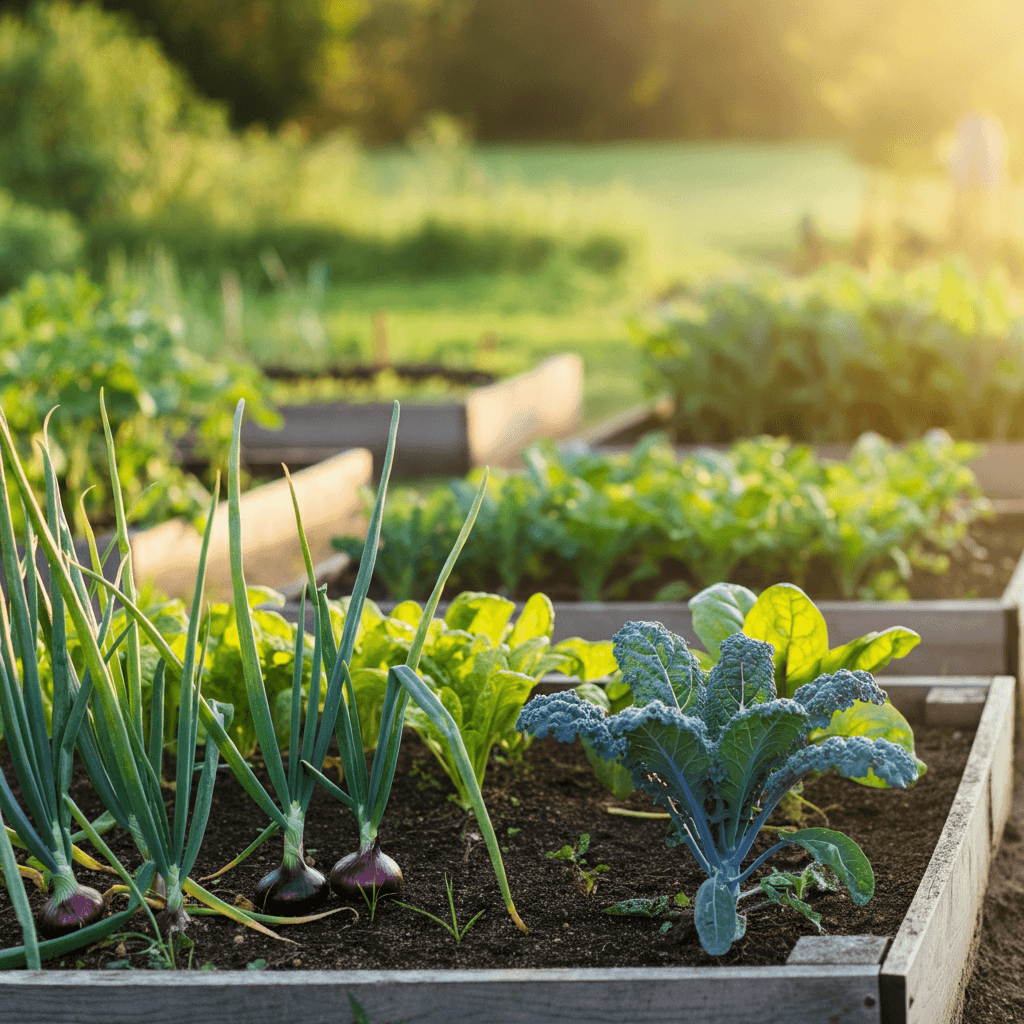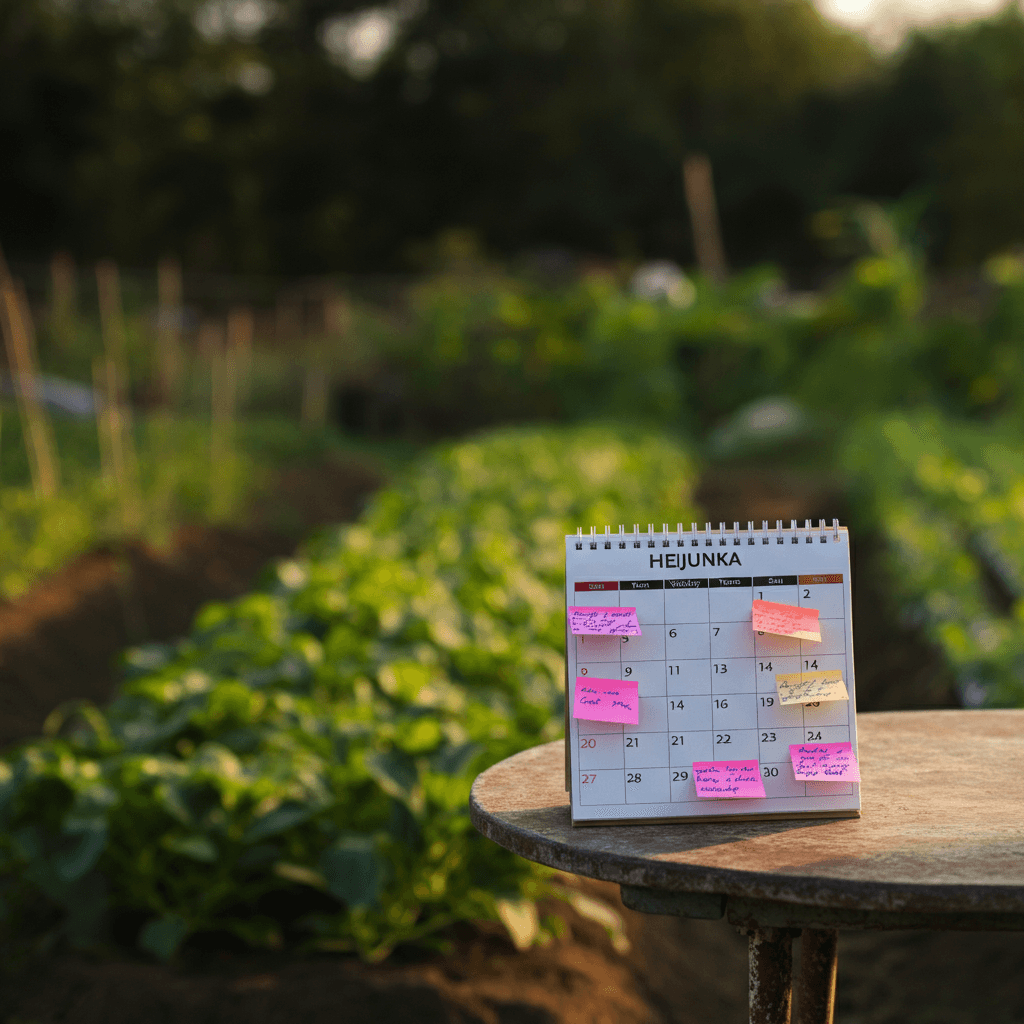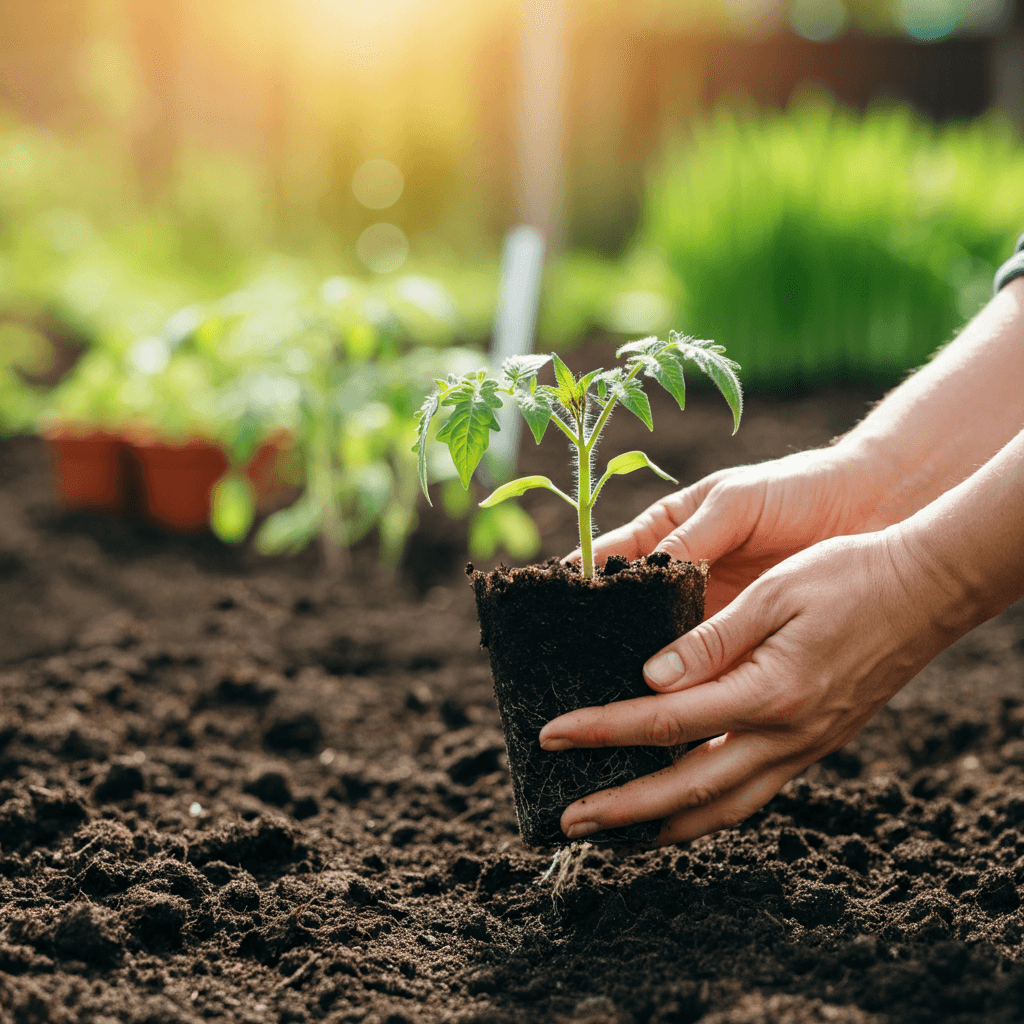Gardeners often aspire to grow vegetables not only rich in flavor but also packed with nutrients. The secret? It starts with your soil and the gardening techniques you use. By focusing on nutrient-dense vegetables, you’ll not only boost the health of your garden but also produce food that supports your family’s well-being.
This guide will walk you through actionable tips to cultivate vegetables rich in vitamins, minerals, and flavor, backed by sustainable gardening practices. You’ll learn how to enhance your soil, choose the best crops, and adopt innovative methods to maximize your harvest.
Why Nutrient-Dense Vegetables Matter
Nutrient-dense vegetables are packed with essential vitamins and minerals, offering exceptional health benefits compared to their less-nutritious counterparts. These include higher levels of antioxidants, calcium, iron, and more. By growing such produce, you ensure that your meals are healthier and tastier, benefiting both your body and taste buds.
Building the Foundation Healthy Soil
Healthy soil is the foundation of any productive garden. Start by enriching your soil with organic matter to create a thriving ecosystem for beneficial microbes and ensure plants get the nutrients they need.
Composting for Fertility
Compost is rich in organic matter, which boosts soil structure and nutrient retention. Regularly adding kitchen scraps, garden clippings, and other compostable materials ensures your garden stays fertile throughout the growing season.
Tip: Avoid including diseased plants or meat scraps in your compost to maintain a healthy mix.
Understanding Soil Testing
By conducting a soil test, you can identify deficiencies in key nutrients like nitrogen, phosphorus, and potassium. Test kits are widely available, or you can seek assistance from a local extension service. Once you know what your soil lacks, you can supplement it with targeted organic amendments.
Protect the Soil Web
The soil isn’t just dirt; it’s a living ecosystem filled with fungi, bacteria, and microbes. These organisms play a critical role in breaking down organic material and making nutrients available to plants. Protect this delicate web by reducing tilling, adding mulch, and avoiding synthetic chemicals.
Selecting Top Nutrient-Dense Crops
Some vegetables naturally pack more nutrients than others. Prioritize planting these powerhouse crops in your garden to get the most out of your efforts.
The Heavyweights
- Leafy Greens: Spinach, kale, Swiss chard, and mustard greens are rich in iron, calcium, and vitamins A and C.
- Root Vegetables: Beets, carrots, and sweet potatoes are high in beta-carotene and other antioxidants.
- Allium Family: Onions, garlic, and leeks offer potent anti-inflammatory and cardiovascular benefits.
- Small Fruits: Raspberries, blueberries, and strawberries deliver high doses of vitamin C and fiber.
Variety Matters
Choose smaller, more colorful varieties of vegetables. For instance, red onions, purple carrots, and deep green kale contain bionutrients like anthocyanins that promote health.
Pro Tip: Focus on open-pollinated or heirloom seeds, which are often more nutritious than hybrid options.
Gardening Techniques for Maximum Nutrient Density
The way you grow your vegetables directly impacts their nutrient profile. By adopting sustainable and biointensive methods, you can maximize both the yield and the quality of your produce.
Adopt Biointensive Methods
Biointensive gardening focuses on maximizing yield in a small space while prioritizing soil health. This means spacing plants closely, using compost liberally, and rotating crops to prevent nutrient depletion.
Companion Planting for Success
Certain plant pairings improve nutrient uptake and pest control. For example, beans fix nitrogen in the soil, benefiting heavy feeders like tomatoes. Pairing marigolds with vegetables can deter pests, while basil can enhance the flavor of tomatoes.
Use Raised Garden Beds
Raised beds help maintain optimal soil conditions, allowing for better drainage and aeration. They are also easier to manage and can help prevent soil compaction.
Manage Sunlight Exposure
Balanced sunlight is crucial for nutrient-dense produce. While some plants like leafy greens thrive in partial shade, most nutrient-rich crops prefer full sun. Invest in row covers or shades for adjustable sunlight control.
Enhancing Produce Post Harvest
Harvesting and handling vegetables correctly is the final step in retaining their nutrient density.
Harvest at Peak Ripeness
Fruiting vegetables like tomatoes, peppers, and squash should be harvested when fully ripe to maximize their nutritional content.
Store Vegetables Correctly
- Cool-loving vegetables like lettuce, radishes, and asparagus should be refrigerated immediately.
- Root crops like potatoes and carrots should be stored in cool, dark spaces to prevent sprouting or nutrient loss.
Avoid Overcooking
Boiling vegetables can leach nutrients into the water. Opt for steaming, stir-frying, or roasting instead. Add a small amount of healthy fat like olive oil to improve the absorption of fat-soluble vitamins.
Sustainable Gardening Practices
Sustainability isn’t just good for the planet; it’s good for creating nutrient-rich soil and crops.
Rotate Crops
Avoid growing the same plant in the same location each year to prevent nutrient depletion. Crop rotation also disrupts the life cycle of pests and soil-borne diseases.
Mulch to Protect Soil
Mulching helps retain moisture, regulate soil temperatures, and prevent erosion. Opt for organic mulches like straw, leaves, or grass clippings.
Balance Watering
Water deeply but infrequently to encourage strong root growth. Overwatering can wash away soil nutrients, while underwatering can stress plants and reduce yields.
Reap What You Sow
By focusing on nutrient-dense vegetables and these sustainable practices, you’ll create a thriving garden that benefits both your health and the environment. The key lies in healthy soil, careful crop selection, and techniques that maximize nutrients.





I’m still learning from you, as I’m improving myself. I definitely enjoy reading everything that is written on your site.Keep the stories coming. I liked it!